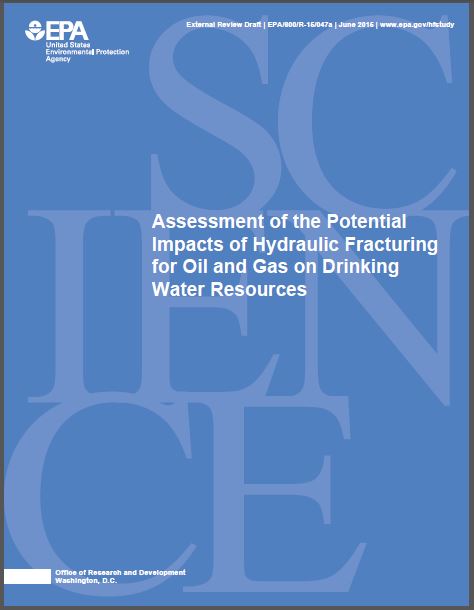Nova Scotia fracking regulations still a few months away by Evan Webster, June 11, 2015, The Chronicle Herald
Regulations on hydraulic fracturing in Nova Scotia won’t be released for another few months, Energy Minister Michel Samson said Thursday.
The pros and cons of fracking — the extraction of gas and oil from shale rock — have been widely debated in Nova Scotia ever since an August 2014 report determined further industry research was needed. The Liberals banned fracking soon after that report surfaced, saying they would look into all aspects of fracking and draft clear regulations before approving the industry. It’s been 10 months now, and that process is still going on.
“We want to make sure that Nova Scotians are comfortable with this,” said Samson. “They have great concerns about high-volume hydraulic fracturing in Nova Scotia. We want to ensure we look at all the evidence that’s out there.”
Last week, the United States Environmental Protection Agency released a study that found no evidence fracking leads to “widespread, systemic impacts on drinking water resources.” Samson said he hasn’t read the report yet but plans to review all angles before making a decision. “We want to ensure that we take the time to get this right.”
He also said feedback from the community is necessary. “I haven’t heard from any communities to date that are saying ‘we embrace this concept,’” said Samson. “Prior to high-volume hydraulic fracturing taking place, we want to make sure communities are onside with this.”
Tory Leader Jamie Baillie doesn’t agree with this approach. “Nova Scotians need two things right now — jobs and leadership,” he said. “To me, a government that leads puts the rules in place so communities can then decide if they want to move forward.” Baillie is a strong supporter of the fracking industry in Nova Scotia. He said it would generate hundreds of jobs. “We see challenges to overcome,” he said. “We would have strong environmental regulations in place [Like Harper and Alberta Tories madly deregulating to enable unaccountable, legally immune frac frenzy?] and then encourage the private sector to invest in discovering the gas resource we know is there.”
Jennifer West, geoscience co-ordinator at the Ecology Action Centre in Halifax, said fracking just isn’t sustainable. “We still don’t know enough about how fracking will impact our environment,”she said. “But we do know it has serious air quality impacts, fresh-water impacts and potential contamination of our drinking water and deep groundwater resources.” West said the potential economic benefits of fracking aren’t worth it either. “Fracking is yet another fossil fuel industry that will be boom and bust, and we can do better than that,” she said. “Why not turn away from fossil fuels and look at industries that are going to be here forever.” [Emphasis added]
[Refer also to:
U.S. EPA. Assessment of the Potential Impacts of Hydraulic Fracturing for Oil and Gas on Drinking Water Resources (External Review Draft) by U.S. Environmental Protection Agency, Washington, DC, EPA/600/R-15/047, June 4, 2015
The EPA’s Press Release:
The Environmental Protection Agency (EPA) is releasing a draft assessment today on the potential impacts of hydraulic fracturing activities on drinking water resources in the United States. The assessment, done at the request of Congress, shows that while hydraulic fracturing activities in the U.S. are carried out in a way that have not led to widespread, systemic impacts on drinking water resources, there are potential vulnerabilities in the water lifecycle that could impact drinking water. [Emphasis added]
Contradicts with the EPA’s report. Executive Summary, Page 22:
This assessment used available data [What does available mean? The frac industry loves secrets and to control of regulator “studies” and reviews. Did the data include all chemicals injected by all companies in all parts of the process and all data collected by companies and state regulators and courts?] and literature [but not all] to examine the potential impacts of hydraulic fracturing from oil and gas on drinking water resources nationally. As part of this effort, we identified data limitations and uncertainties associated with current information on hydraulic fracturing and its potential to affect drinking water resources. In particular, data limitations preclude a determination of the frequency of impacts with any certainty.
The EPA Press Release admits:
These vulnerabilities to drinking water resources include:
- water withdrawals in areas with low water availability;
- hydraulic fracturing conducted directly into formations containing drinking water resources;
- inadequately cased or cemented wells resulting in below ground migration of gases and liquids;
- inadequately treated wastewater discharged into drinking water resources;
- and spills of hydraulic fluids and hydraulic fracturing wastewater, including flowback and produced water.

